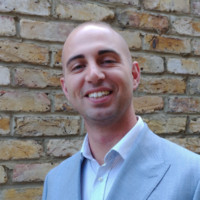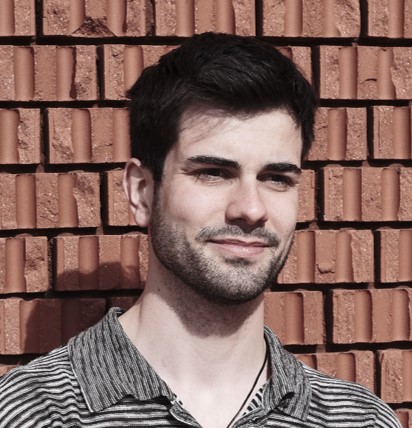Collaborating with talented researchers and students to advance our understanding of fluid mechanics.
Our research team combines expertise in numerical simulations, machine learning, and experimental techniques to tackle fundamental problems in fluid mechanics. Together, we are developing innovative approaches to understand and control complex turbulent flows, with applications ranging from energy efficiency to sustainable transport.

Chargé de Recherche HDR - CNRS - Section 10
I am a researcher in fluid mechanics with over 15 years of experience in the study and modelling of wall-bounded turbulent flows. My expertise is built on an interdisciplinary approach that combines fundamental theory of turbulent flows, high-fidelity numerical code development, and implementation of advanced machine learning methods.
My work aims to develop robust predictive models and innovative control strategies to optimise fluid systems performance, leveraging deep knowledge of turbulence physics combined with machine learning algorithms capabilities. This approach directly contributes to addressing current energy and environmental challenges by improving efficiency in transport systems and industrial heat exchangers.
Currently, I lead the ANR JCJC INFERENCE project on modelling near-wall turbulence at high Reynolds numbers, and co-supervise multiple PhD students working on topics ranging from heat transfer enhancement to reduced-order modelling using machine learning techniques.

PhD Student
2022-2025Funding: ANR SOLAIRE
Improving heat transfers in solar receivers through active control methods. The research focuses on enhancing thermal performance of concentrated solar power systems through innovative flow control techniques, particularly using spanwise wall oscillations.
International Journal of Heat and Fluid Flow (2024)
arXiv preprint (2024)
Policy-based optimisation for drag reduction via spanwise wall oscillations
Neural Computing and Applications (2025)

PhD Student
2023-2026Funding: EUR Intree/KTH
Reduced order modelling of turbulent flows using machine learning methods. This project aims to develop innovative data-driven methods to extract the essential characteristics of turbulent flows and project them into a reduced space, particularly using variational autoencoders and neural networks.
1st International Symposium AI and Fluid Mechanics, Chania, Greece (May 2025)
β-Variational autoencoder and transformer-based data-driven modeling of near-wall turbulence
EuroMech/ERCOFTAC joint conference on Data-Driven Fluid Dynamics, London, UK (April 2025)
GDR I-GAIA, Paris, France (December 2024)

PhD Student
2024-2027Funding: ANR INFERENCE
Modelling of near-wall turbulence at high Reynolds number and development of control strategies. This research focuses on understanding how outer flow structures affect wall shear and heat transfer, and developing predictive models using advanced data-driven approaches.

Postdoctoral Researcher
2023-2025Funding: ANR MUFDD
Data-driven modelling of urban canopy flows. This research focuses on developing methods to build estimators and reduced-order models from simulation and experimental data, with particular emphasis on urban canopy flow dynamics.
Our team maintains active collaborations with leading researchers in fluid mechanics, computational science, and machine learning, both within Institut Pprime and internationally.
Researcher - CNRS
Lecturer - Université de Poitiers
Lecturer - Université de Poitiers
Professor - Université de Poitiers
Associate Professor - KTH Royal Institute of Technology, Sweden
Scientist - Los Alamos National Laboratory, USA
Professor - The Ohio State University, USA
Emeritus Professor of Computational Aerodynamics - Imperial College London, UK
Researcher - PROMES
Lecturer - Aix Marseille Université
Researcher - IUSTI
We are always looking for talented and motivated researchers to join our team. If you are interested in our research areas and would like to contribute to our projects, please get in touch.
Our alumni section is currently under development. Check back later to learn about the accomplished researchers who have been part of our team and their current endeavours.